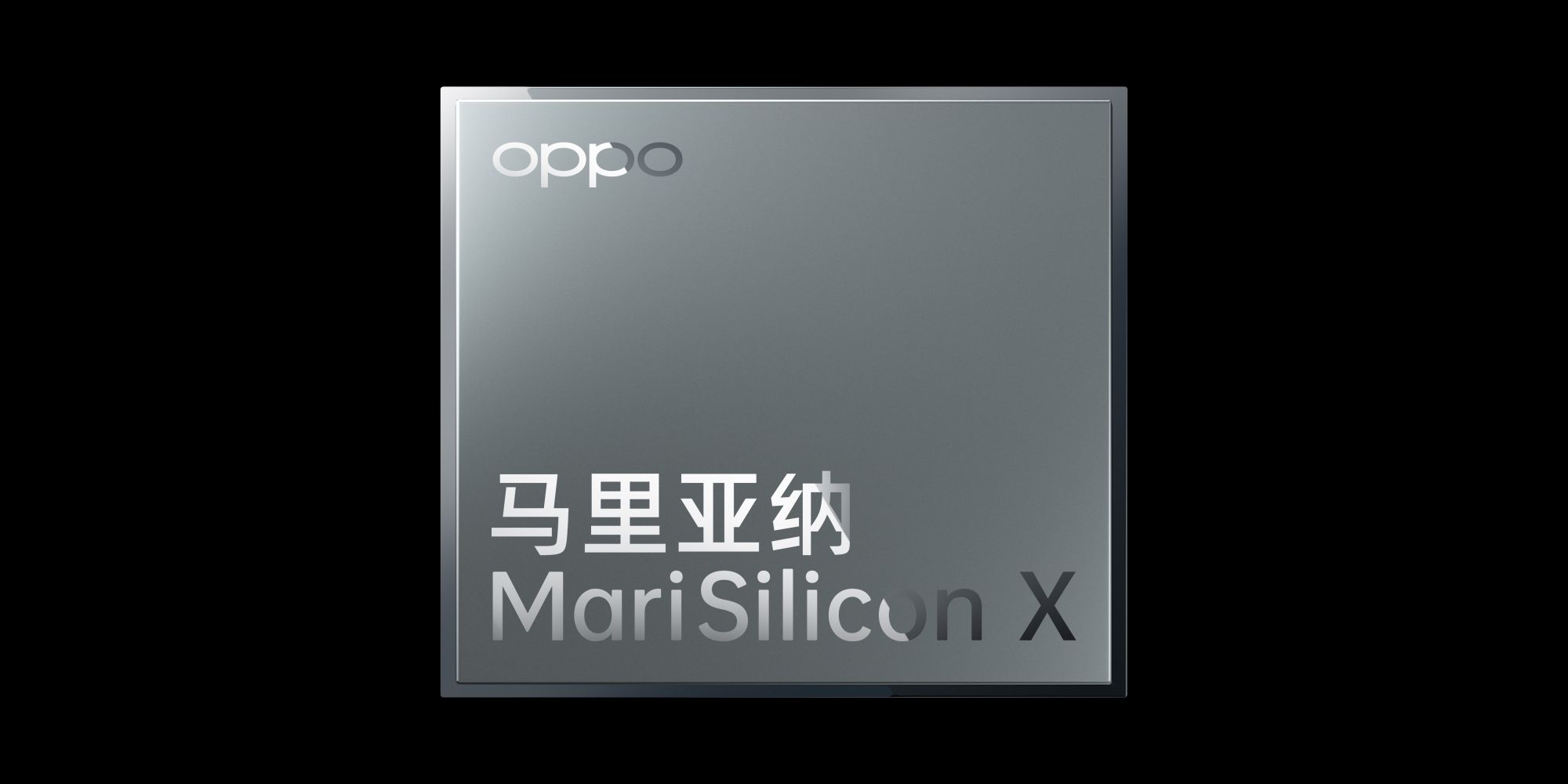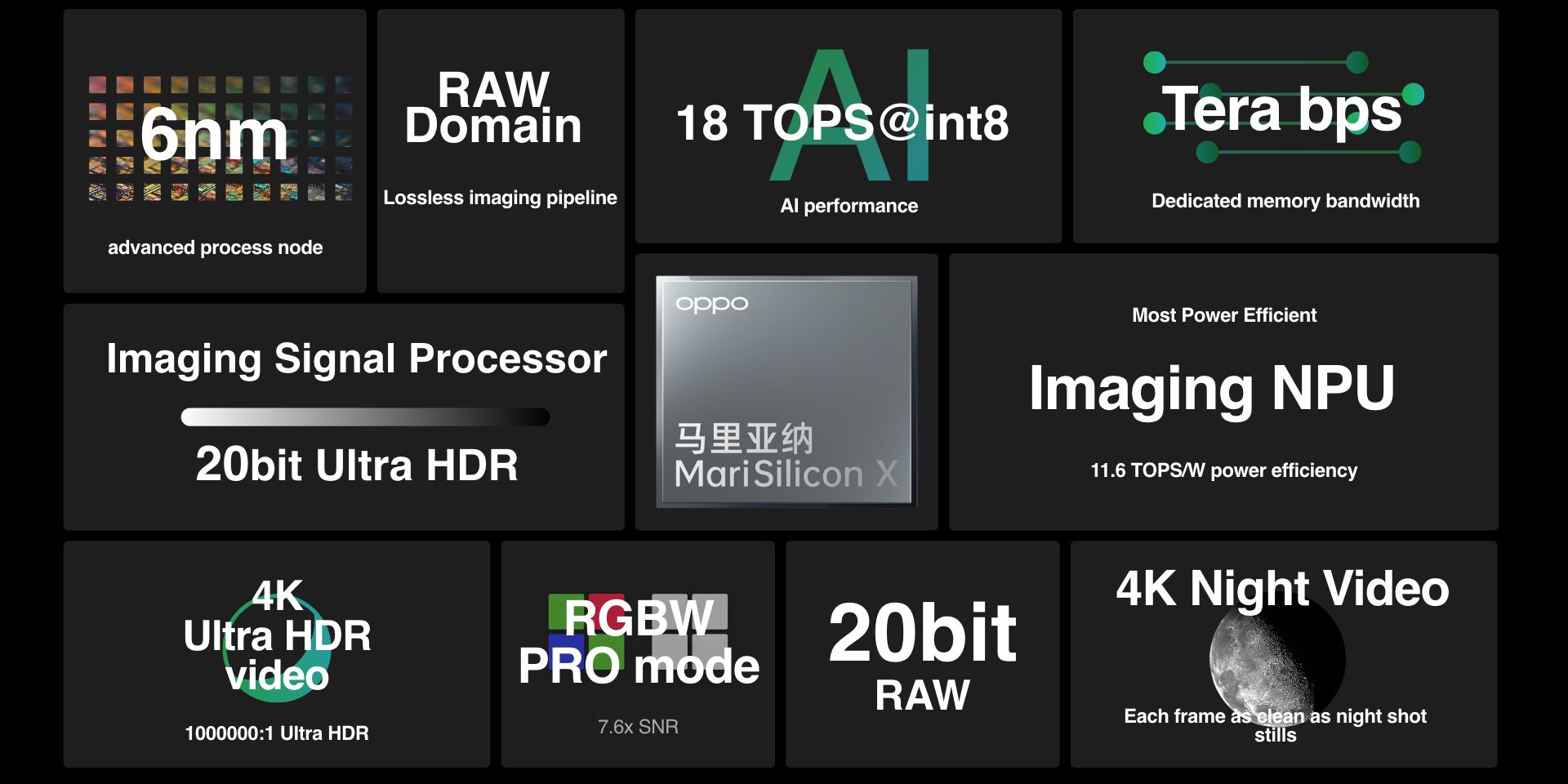Smartphone photography is amazing in 2021, and with its just-announced MariSilicon X chip, Oppo thinks it's about to make it even better. It's no secret how fast consumer tech advances these days — especially when it comes to smartphones. Processors are faster, displays get sharper, and batteries last longer. Some people like to complain about phones being 'boring' these days, but considering how excellent todays' handsets are, that's a difficult sentiment to get behind.
This is especially true of smartphone photography. Just a few years ago, phone cameras used to be mostly useless. In 2021, they're regularly getting close to the quality of standalone DSLRs. From huge sensor sizes, advanced telephoto technology, and 8K video recording, the cameras available on modern handsets are nothing short of impressive.
That's what makes Oppo's announcement so intriguing. During the company's big INNO Day event, Oppo unveiled the MariSilicon X — a custom-made chip just for Oppo smartphones that promises to deliver substantial camera improvements. As hyped up by Oppo Senior Director Jiang Bo, "Our new cutting-edge imaging NPU [neural processing unit] is the biggest leap we’ve taken so far, which brings more power to mobile imaging systems and will create an extraordinary experience for our users."
Why The Oppo MariSilicon X Sounds So Impressive
That's a lot of flashy marketing talk, but what does it actually mean? One of the biggest advancements for the chip is how it improves HDR in pictures. Oppo says that MariSilicon X has an ISP capable of 20-bit 120db dynamic range — also known as 4x better dynamic range than the flagship Oppo Find X3 Pro. The chip also enables real-time RAW image processing. According to Oppo, "MariSilicon X revolutionizes the imaging pipeline to directly perform real-time 4K AI processing and 20bit HDR fusion in the RAW domain at the pixel level." For people who enjoy the extra flexibility of shooting in RAW, this is a huge deal.
But that's not all MariSilicon X is capable of. Another highlight of the chip is something called 'RGBW Pro Mode.' This separates and fuses RGB and white signals from the camera, resulting in an 8.6dB signal-to-noise ratio improvement and 1.7x better texture quality in photos and videos. Speaking of videos, MariSilicon X also introduces AI Noise Reduction tech to "create clearer and sharper videos." Oppo's further touting things like better dynamic range and improved color reproduction in videos. Furthermore, MariSilicon X will enable the first-ever Android phone with '4K AI HDR Night Video capturing.'
Although MariSilicon X isn't available in a phone right now, Oppo isn't making folks wait too long to try it out. The company says its chip will debut on a new Find X smartphone sometime in Q1 2022. If all of these claims are as impressive as Oppo's making them out to be, the next couple of years could be really exciting for Oppo handsets. There's also the possibility some of this tech eventually trickles down to OnePlus phones, potentially improving their cameras too. So long as Oppo's money is where its mouth is, this will absolutely be worth keeping an eye on.
Source: Oppo


